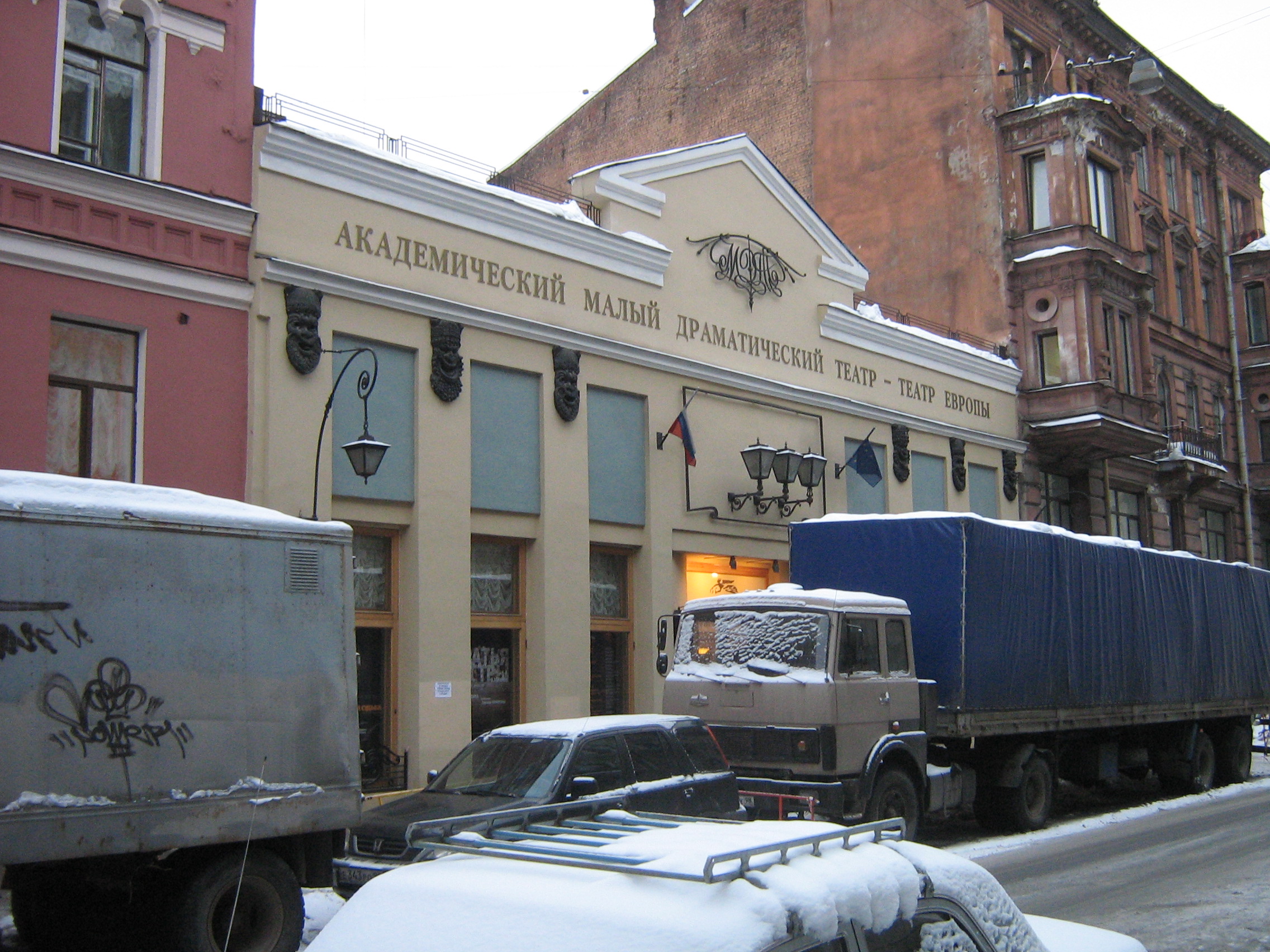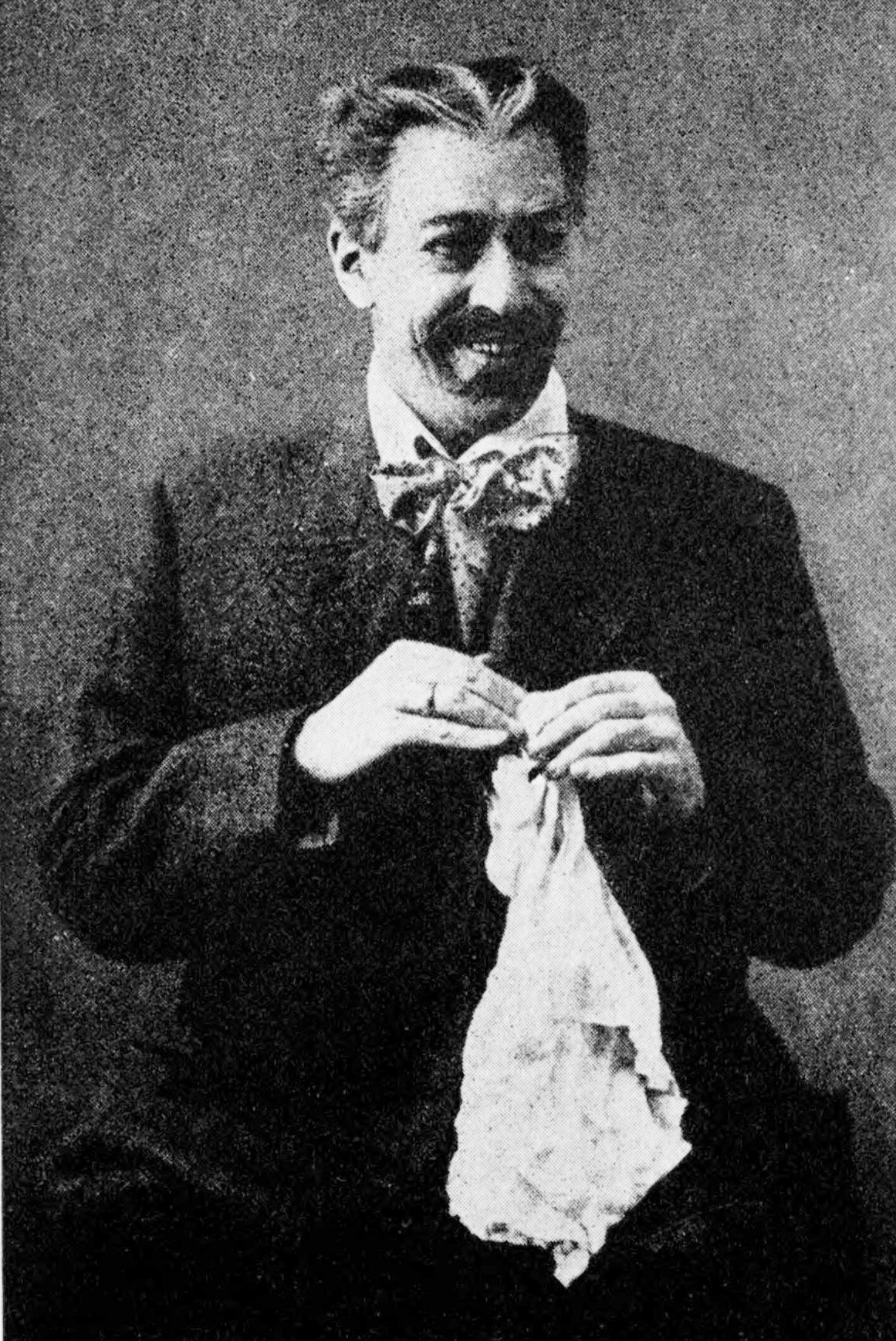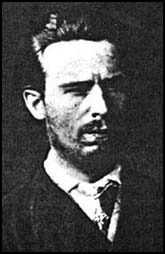|
Lev Dodin
Lev Abramovich Dodin (russian: Лев Абрамович Додин, born 1944) is a modern Russian theater director, the leader of Saint Petersburg Maly Drama Theater. Biography Lev Dodin was born in Novokuznetsk in 1944. He first experienced theatrical production as a child at the Theater of Youth Creativity (1957-1962) directed by Matvey Dubrovin. Studied at Leningrad State Institute of Theatre, Music and Cinema under Boris Sohn and Georgy Tovstonogov which he graduated in 1966. Between 1966 and 1982 he was a guest director in different theaters of Russia and abroad including Theater of Youth Creativity, Gorky Theater, MKhAT, Finnish National Theatre, Salzburg Festival, Florence Musical May festival, Milan La Scala. In 1975 he started his work at Maly Drama Theatre. In 1982 he became the artistic director of the theatre and has led the theatre since then. Among Dodin' major works are: *''Brothers and Sisters'' by Fedor Abramov - a monumental show more than 8 hours ... [...More Info...] [...Related Items...] OR: [Wikipedia] [Google] [Baidu] |
Maly Drama Theatre
Maly Drama Theatre (russian: Академический Малый драматический театр — Театр Европы) is a theatre located on 191002, St. Petersburg, Rubinstein street, house, 18. The artistic director and head of the theatre is Lev Dodin. History The Leningrad Regional Drama Theatre of Small Forms was created in Leningrad in 1944 by the decision of the Executive Committee of the Leningrad Regional Council of Working People's Deputies of September 9, 1944 No. 83. At first it was a traveling theatre and did not have its own building, and the theatre troupe gave performances in the towns and villages of the Leningrad region. Only in 1956 the theatre was allocated a building in Leningrad on Rubenstein street, house 18. From 1944 to 1969, the director of the theatre was Evgeny Mikhailovich Kornblit. From 1961 to 1966, the main director of the theatre was Yakov Semenovich Khamarmer. From 1967 to 1970, the main director of the theatre was Vadim Sergee ... [...More Info...] [...Related Items...] OR: [Wikipedia] [Google] [Baidu] |
Chevengur
''Chevengur'' (russian: Чевенгур) is a socio-philosophical novel by Andrei Platonov, written in 1928. It is his longest and, in the opinion of many literary critics, the most significant of his works. Although its fragments were published in the Soviet magazine ''Krasnaya Nov'', the novel was banned in the Soviet Union until 1988. Full text of the novel was published by Ardis in 1972. It was first translated into English in 1978 by Anthony Olcott. According to N. Poltavtseva, there is reason to speak of a "philosophical trilogy", which includes the novels ''Chevengur'', ''The Foundation Pit'' and ''Soul''. Title of the novel There are various interpretations of the title of the novel, which, according to the feeling of its protagonist, "sounded like the enticing hum of an unknown country." “A whole book can be written about the decoding of this toponym". According to Sergey Zalygin and Nina Malygina, it is associated with the words cheva - lumps, bast shoes, and gur - ... [...More Info...] [...Related Items...] OR: [Wikipedia] [Google] [Baidu] |
Fyodor Abramov
Fyodor Aleksandrovich Abramov (russian: Фёдор Алекса́ндрович Абра́мов) (29 February 192014 May 1983) was a Russian novelist and literary critic. His work focused on the difficult lives of the Russian peasant class. He was frequently reprimanded for deviations from Soviet policy on writing. Biography Abramov was from a peasant background. He studied at Leningrad State University, but put his schooling on hold to serve as a soldier in World War II. In 1951 he finished his schooling at the university, then remained as a teacher until 1960. After he left the university he became a full-time writer. His essay, written in 1954, "People in the Kolkhoz Village in Postwar Prose", which addressed the glorified portrayal of life in Communist Soviet Villages, was denounced by the Writers' Union and the Central Committee. In a later essay, Abramov argued for the repeal of the law that denied peasants internal passports; he also recommended giving the peasantry ... [...More Info...] [...Related Items...] OR: [Wikipedia] [Google] [Baidu] |
Stanislavsky
Konstantin Sergeyevich Stanislavski ( Alekseyev; russian: Константин Сергеевич Станиславский, p=kənstɐnʲˈtʲin sʲɪrˈgʲejɪvʲɪtɕ stənʲɪˈslafskʲɪj; 7 August 1938) was a seminal Soviet Russian theatre practitioner. He was widely recognized as an outstanding character actor and the many productions that he directed garnered him a reputation as one of the leading theatre directors of his generation. His principal fame and influence, however, rests on his "system" of actor training, preparation, and rehearsal technique. Stanislavski (his stage name) performed and directed as an amateur until the age of 33, when he co-founded the world-famous Moscow Art Theatre (MAT) company with Vladimir Nemirovich-Danchenko, following a legendary 18-hour discussion. Its influential tours of Europe (1906) and the US (1923–24), and its landmark productions of ''The Seagull'' (1898) and ''Hamlet'' (1911–12), established his reputation and opene ... [...More Info...] [...Related Items...] OR: [Wikipedia] [Google] [Baidu] |
Europe Theatre Prize
The Europe Theatre Prize ''(Premio Europa per il Teatro)'' is an award of the European Commission for a personality who has "contributed to the realisation of cultural events that promote understanding and the exchange of knowledge between peoples". "The winner is chosen for the whole of his artistic path among notable personalities of international theatre considered in all its different forms, articulations and expressions". The prize was established in 1986 when Carlo Ripa di Meana was first Commissioner of Culture. In those years a contribution to its creation also came from Melina Mercouri, who was patroness of the Prize, and from Jack Lang, then French Minister of Culture and current President of the Prize. The European Parliament and the European Council have supported it as a "European cultural interest organisation" since 2002. In 1987 the prize was first awarded to Ariane Mnouchkine for her work with the Théâtre du Soleil. She received a money prize and a sculptur ... [...More Info...] [...Related Items...] OR: [Wikipedia] [Google] [Baidu] |
Hamlet
''The Tragedy of Hamlet, Prince of Denmark'', often shortened to ''Hamlet'' (), is a tragedy written by William Shakespeare sometime between 1599 and 1601. It is Shakespeare's longest play, with 29,551 words. Set in Denmark, the play depicts Prince Hamlet and his attempts to exact revenge against his uncle, Claudius, who has murdered Hamlet's father in order to seize his throne and marry Hamlet's mother. ''Hamlet'' is considered among the "most powerful and influential tragedies in the English language", with a story capable of "seemingly endless retelling and adaptation by others". There are many works that have been pointed to as possible sources for Shakespeare's play—from ancient Greek tragedies to Elizabethan plays. The editors of the Arden Shakespeare question the idea of "source hunting", pointing out that it presupposes that authors always require ideas from other works for their own, and suggests that no author can have an original idea or be an originator. When ... [...More Info...] [...Related Items...] OR: [Wikipedia] [Google] [Baidu] |
Anton Chekhov
Anton Pavlovich Chekhov (; 29 January 1860 Old Style date 17 January. – 15 July 1904 Old Style date 2 July.) was a Russian playwright and short-story writer who is considered to be one of the greatest writers of all time. His career as a playwright produced four classics, and his best short stories are held in high esteem by writers and critics."Stories ... which are among the supreme achievements in prose narrative.Vodka miniatures, belching and angry cats George Steiner's review of ''The Undiscovered Chekhov'', in ''The Observer'', 13 May 2001. Retrieved 16 February 2007. Along with Henrik Ibsen and August Strindberg, Chekhov is often referred to as one of the three seminal figures in the birth of early modernism in the theatre. Chekhov was a physician by profession. "Medicine is my lawful wife", he once said, "and literature is my mistress." Chekhov renounced the theatre after the reception of ''The Seagull'' in 1896, but the play was revived to acclaim in 189 ... [...More Info...] [...Related Items...] OR: [Wikipedia] [Google] [Baidu] |
The Cherry Orchard
''The Cherry Orchard'' (russian: Вишнёвый сад, translit=Vishnyovyi sad) is the last play by Russian playwright Anton Chekhov. Written in 1903, it was first published by ''Znaniye'' (Book Two, 1904), and came out as a separate edition later that year in Saint Petersburg, via A.F. Marks Publishers.Commentaries to Вишневый сад The Complete Chekhov in 30 Volumes. Vol. 13. // Чехов А. П. Вишневый сад: Комедия в 4-х действиях // Чехов А. П. Полное собрание сочинений и писем: В 30 т. Сочинения: В 18 т. / АН СССР. Ин-т мировой лит. им. А. М. Горького. — М.: Наука, 1974—1982. Т. 13. Пьесы. 1895—1904. — М.: Наука, 1978. — С. 195—254. It opened ... [...More Info...] [...Related Items...] OR: [Wikipedia] [Google] [Baidu] |
Fyodor Dostoevsky
Fyodor Mikhailovich Dostoevsky (, ; rus, Фёдор Михайлович Достоевский, Fyódor Mikháylovich Dostoyévskiy, p=ˈfʲɵdər mʲɪˈxajləvʲɪdʑ dəstɐˈjefskʲɪj, a=ru-Dostoevsky.ogg, links=yes; 11 November 18219 February 1881), sometimes transliterated as Dostoyevsky, was a Russian novelist, short story writer, essayist and journalist. Dostoevsky's literary works explore the human condition in the troubled political, social, and spiritual atmospheres of 19th-century Russia, and engage with a variety of philosophical and religious themes. His most acclaimed novels include ''Crime and Punishment'' (1866), ''The Idiot'' (1869), ''Demons'' (1872), and ''The Brothers Karamazov'' (1880). His 1864 novella, ''Notes from Underground'', is considered to be one of the first works of existentialist literature. Numerous literary critics regard him as one of the greatest novelists in all of world literature, as many of his works are considered highly influen ... [...More Info...] [...Related Items...] OR: [Wikipedia] [Google] [Baidu] |
The Devils (novel)
''Demons'' (Reforms of Russian orthography, pre-reform Russian: ; post-reform rus, Бесы, Bésy, ˈbʲe.sɨ; sometimes also called ''The Possessed'' or ''The Devils'' is a novel by Fyodor Dostoevsky, first published in the journal ''The Russian Messenger'' in 1871–72. It is considered one of the four masterworks written by Dostoevsky after his return from Siberian exile, along with ''Crime and Punishment'' (1866), ''The Idiot'' (1869), and ''The Brothers Karamazov'' (1880). ''Demons'' is a social and political satire, a psychological drama, and large-scale tragedy. Joyce Carol Oates has described it as "Dostoevsky's most confused and violent novel, and his most satisfactorily 'tragic' work." According to Ronald Hingley, it is Dostoevsky's "greatest onslaught on Nihilism", and "one of humanity's most impressive achievements—perhaps even its supreme achievement—in the art of prose fiction." ''Demons'' is an allegory of the potentially catastrophic consequences of the Nihili ... [...More Info...] [...Related Items...] OR: [Wikipedia] [Google] [Baidu] |
Andrei Platonov
Andrei Platonov (russian: Андре́й Плато́нов, ; – 5 January 1951) was the pen name of Andrei Platonovich Klimentov (russian: Андре́й Плато́нович Климе́нтов), a Soviet Union, Soviet Russian people, Russian writer, philosopher, playwright, and poet. Although Platonov regarded himself as a Communism, communist, his principal works remained unpublished in his lifetime because of their skeptical attitude toward Collectivisation in the USSR, collectivization of agriculture (1929–1940) and other Stalinism, Stalinist policies, as well as for their Experimental literature, experimental, avant-garde form. His famous works include the novels ' (1928) and ''The Foundation Pit '' (1930). The short story collection ''The Fierce and Beautiful World'' was published in 1970 with an introduction by Yevgeny Yevtushenko and became Platonov's first book in English. During 1970s, Ardis Publishers, Ardis published translations of his major works, such as ... [...More Info...] [...Related Items...] OR: [Wikipedia] [Google] [Baidu] |








